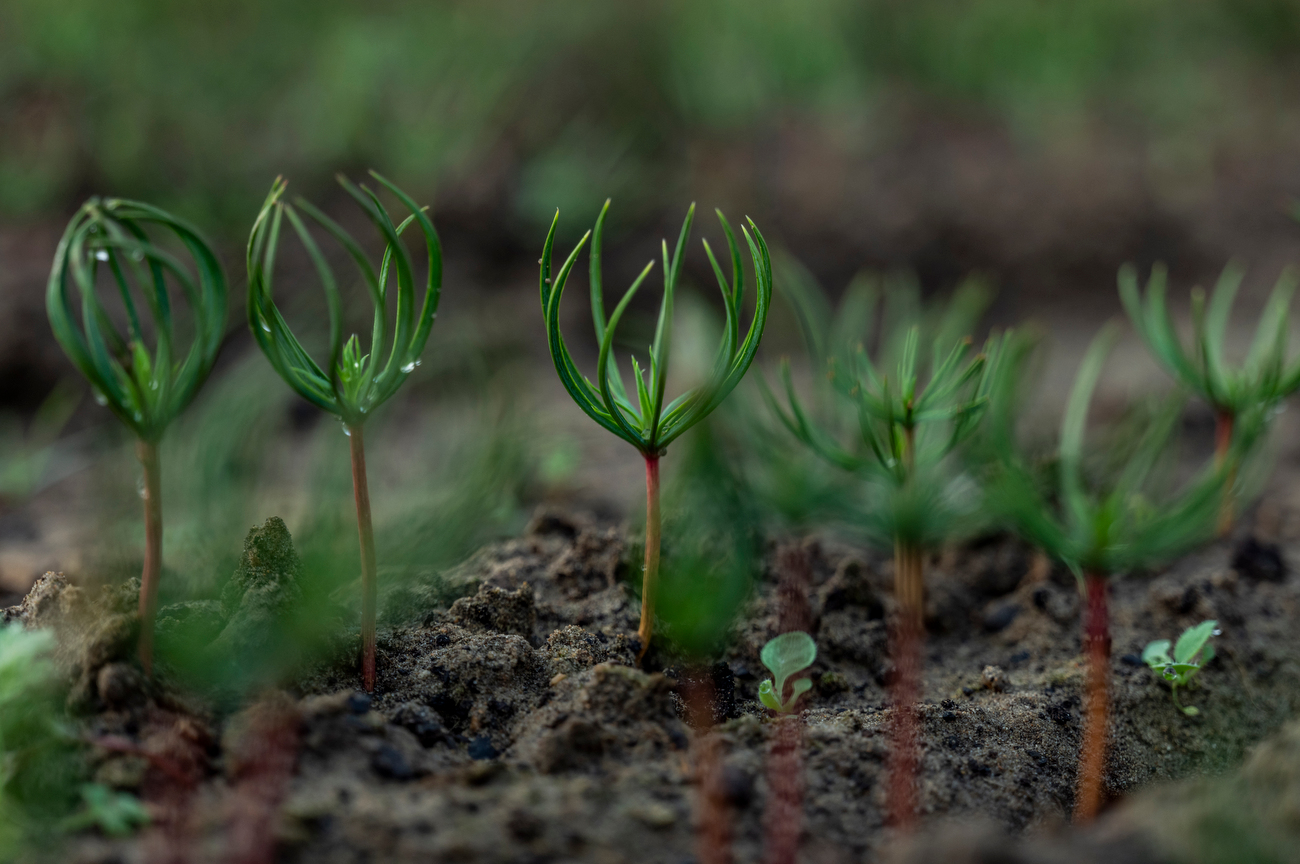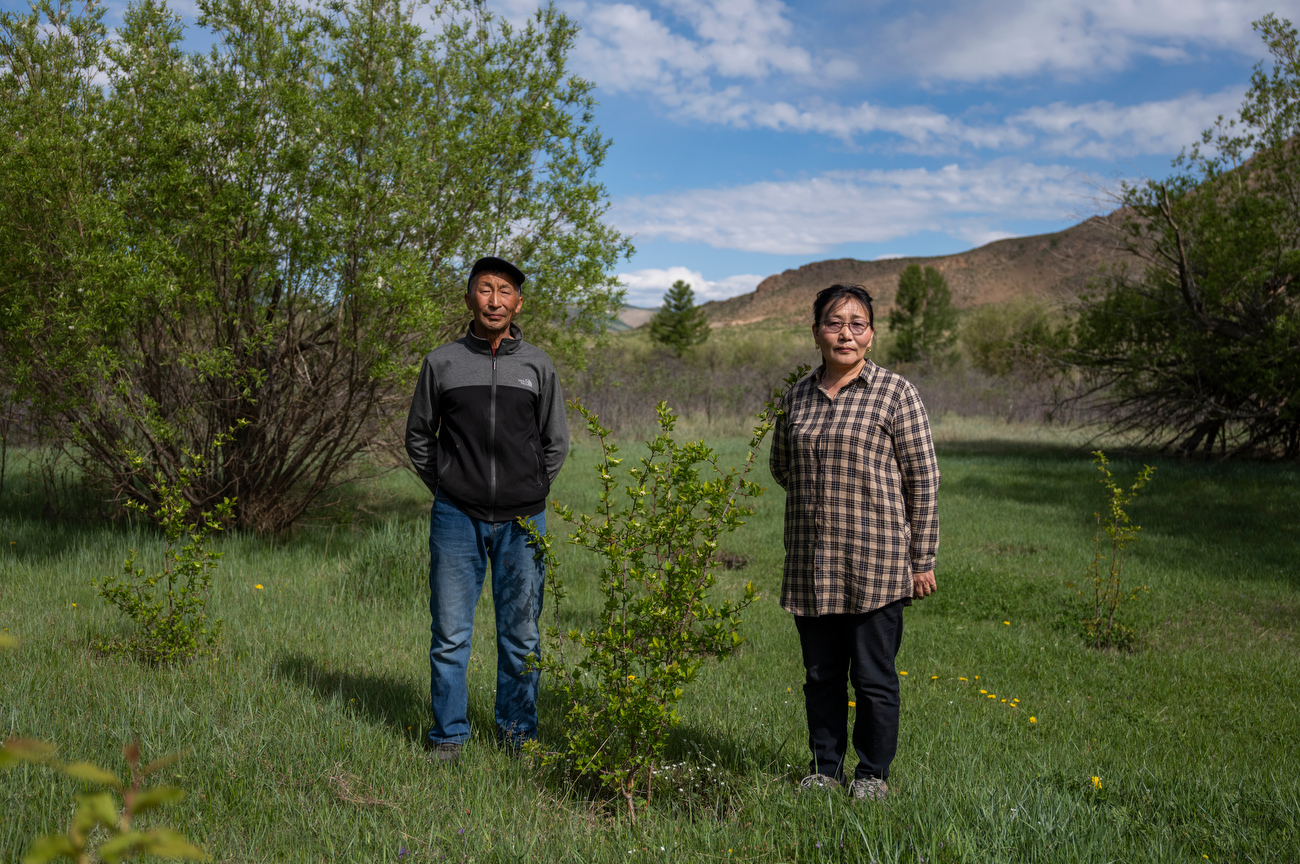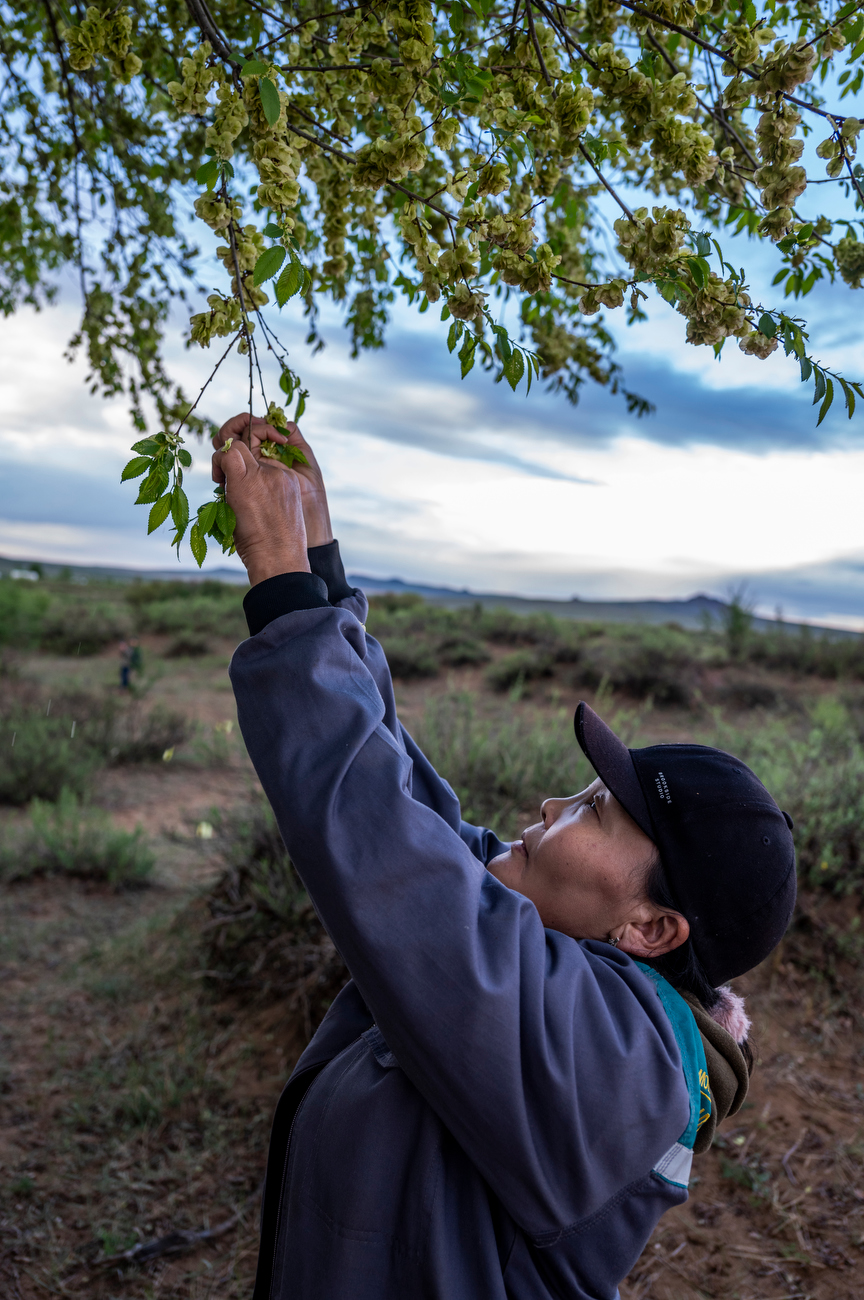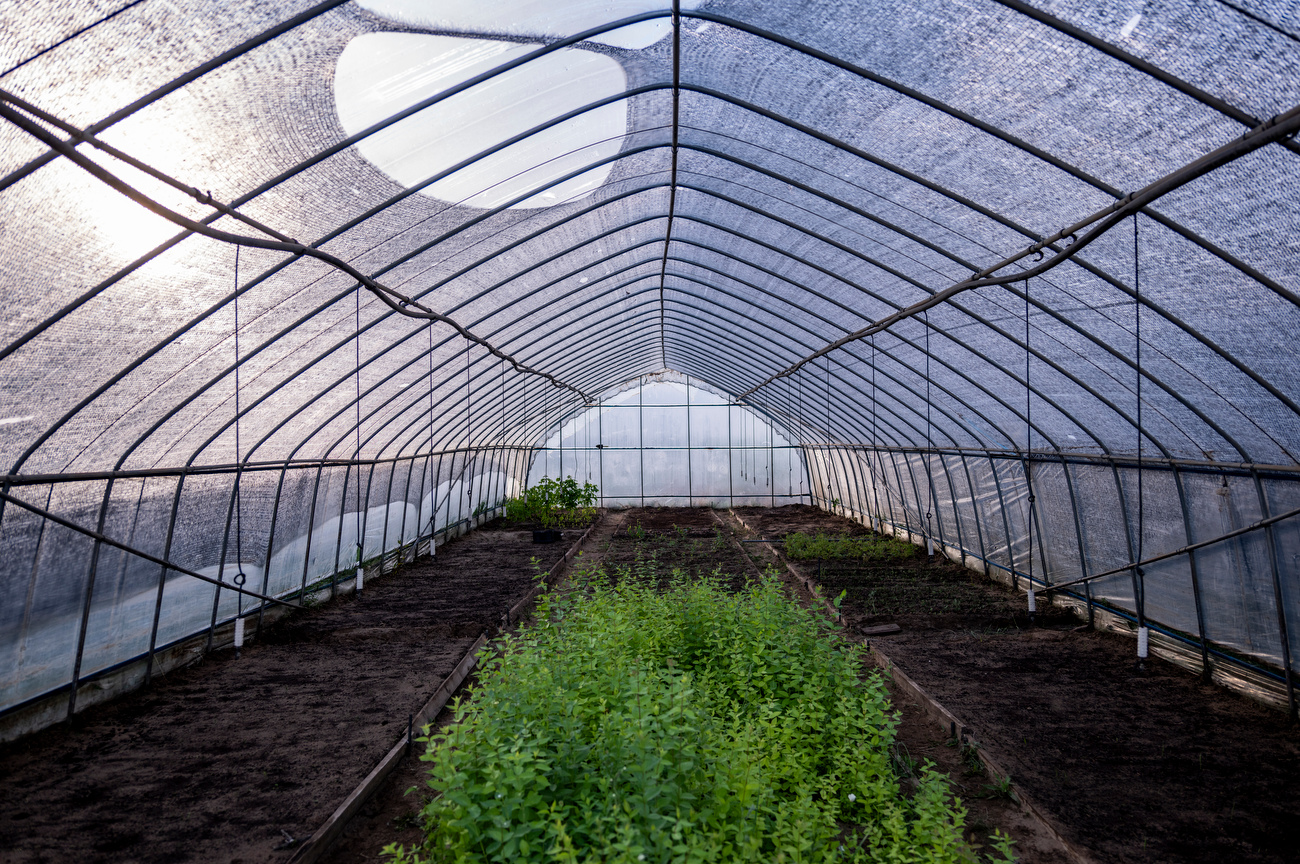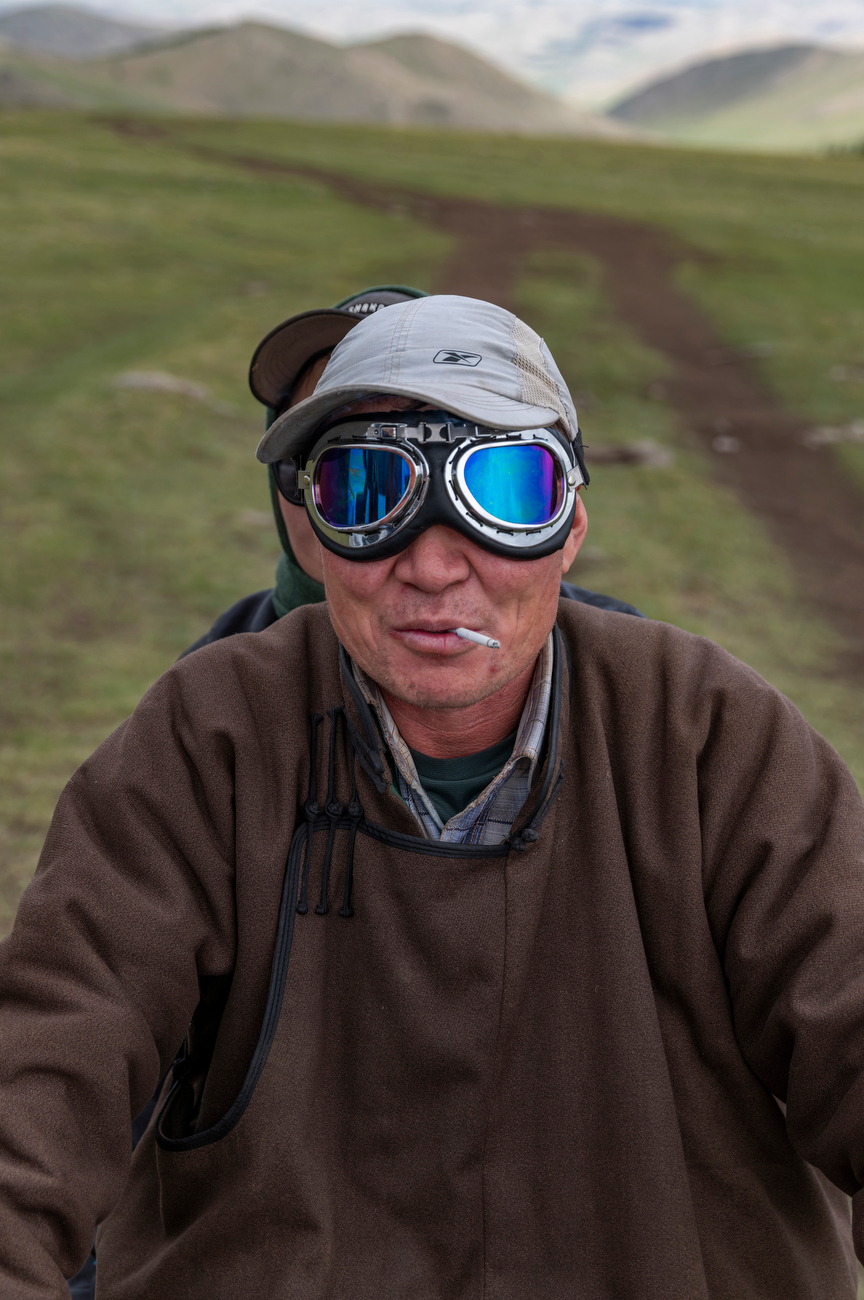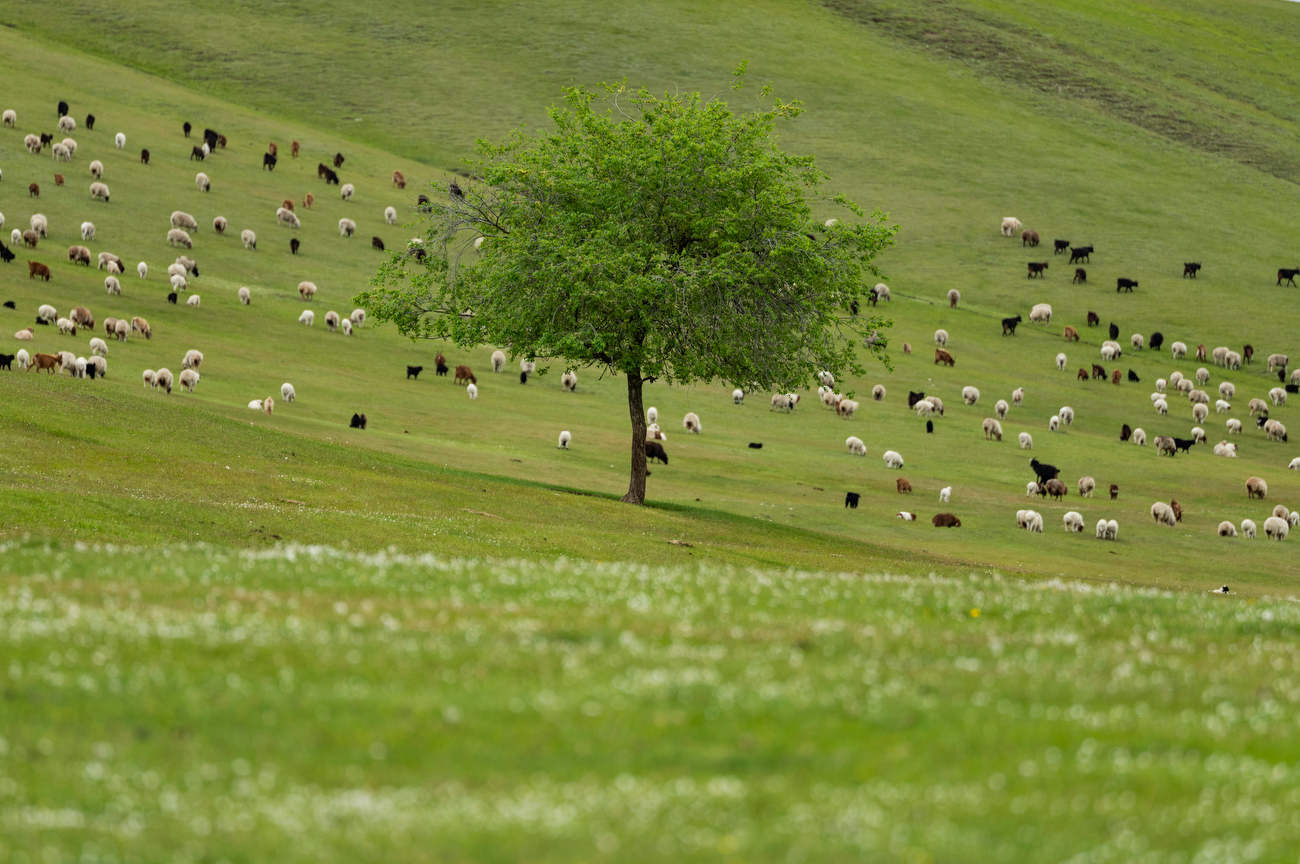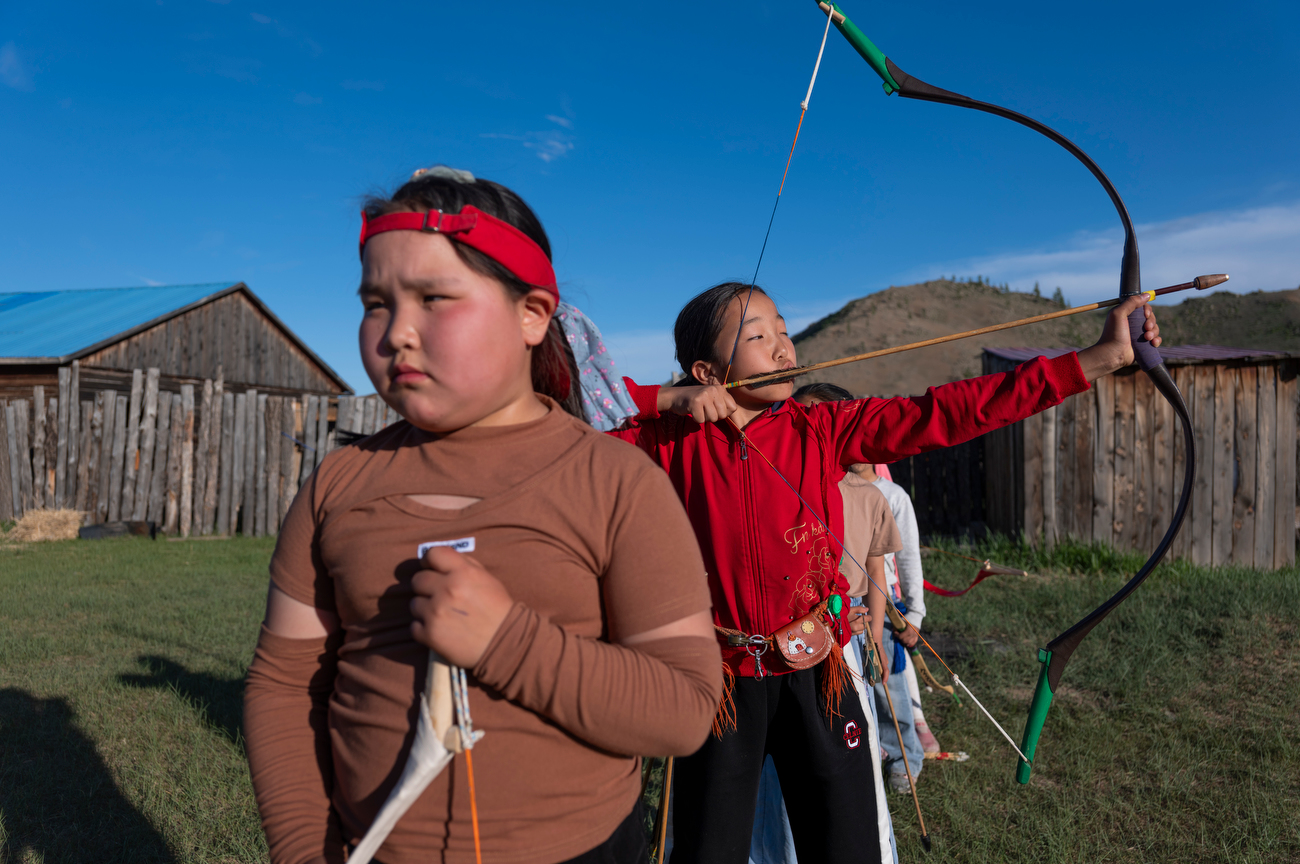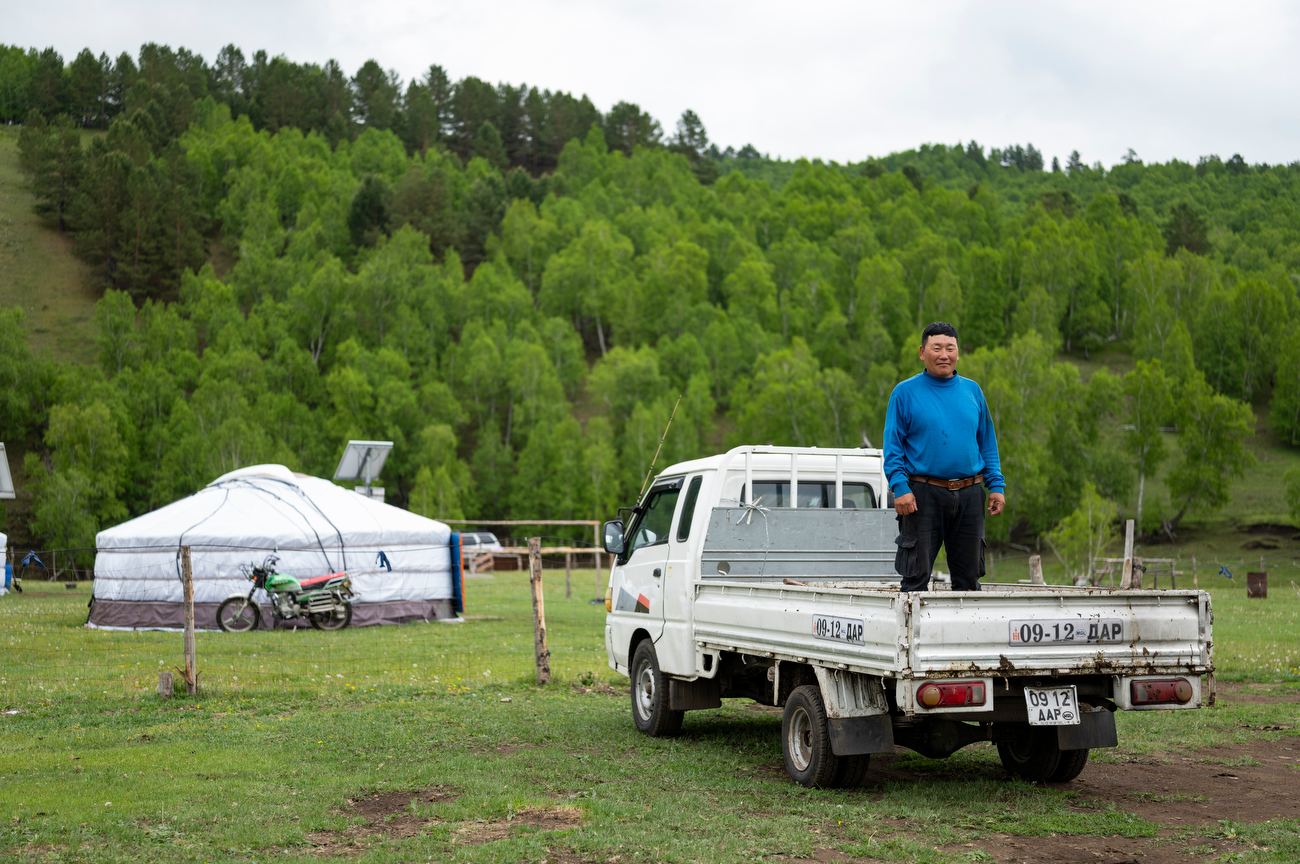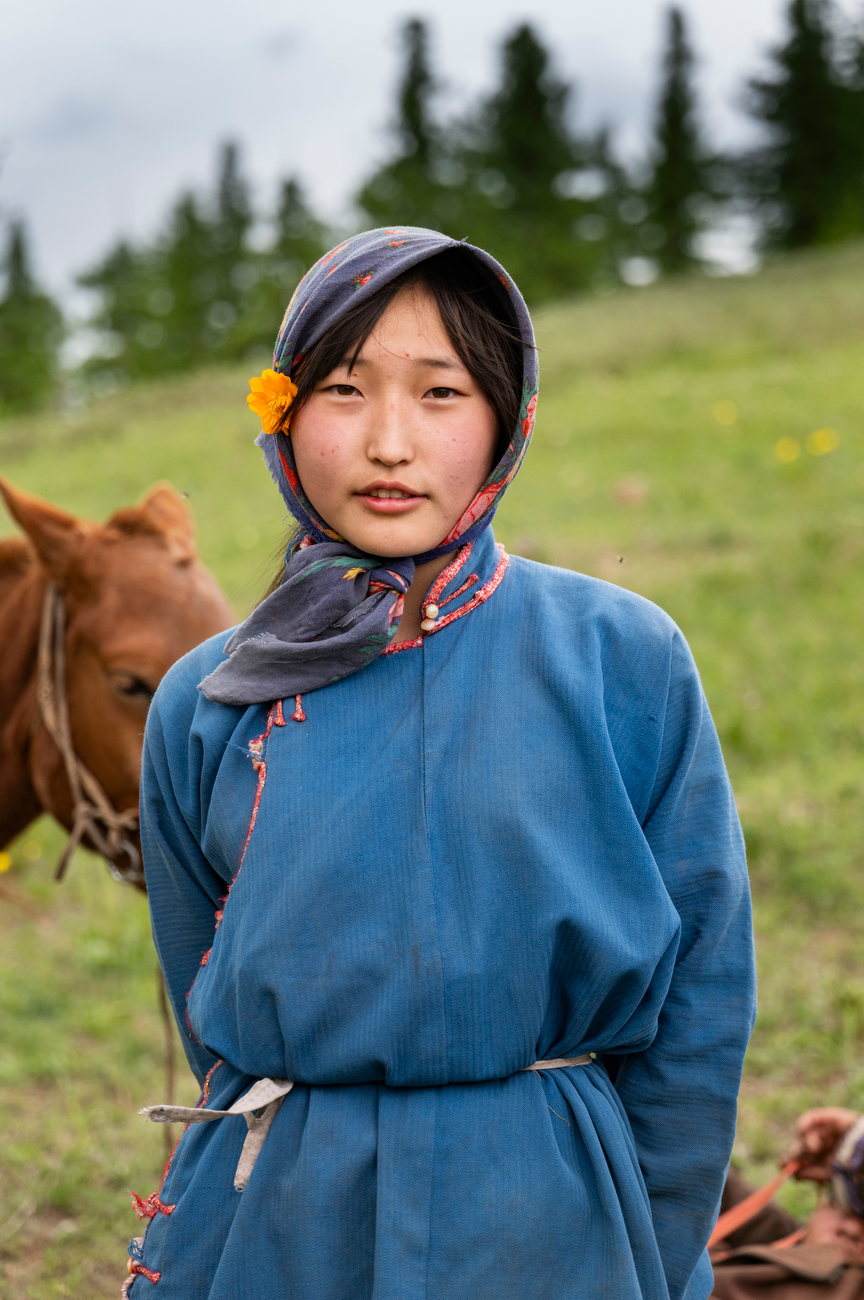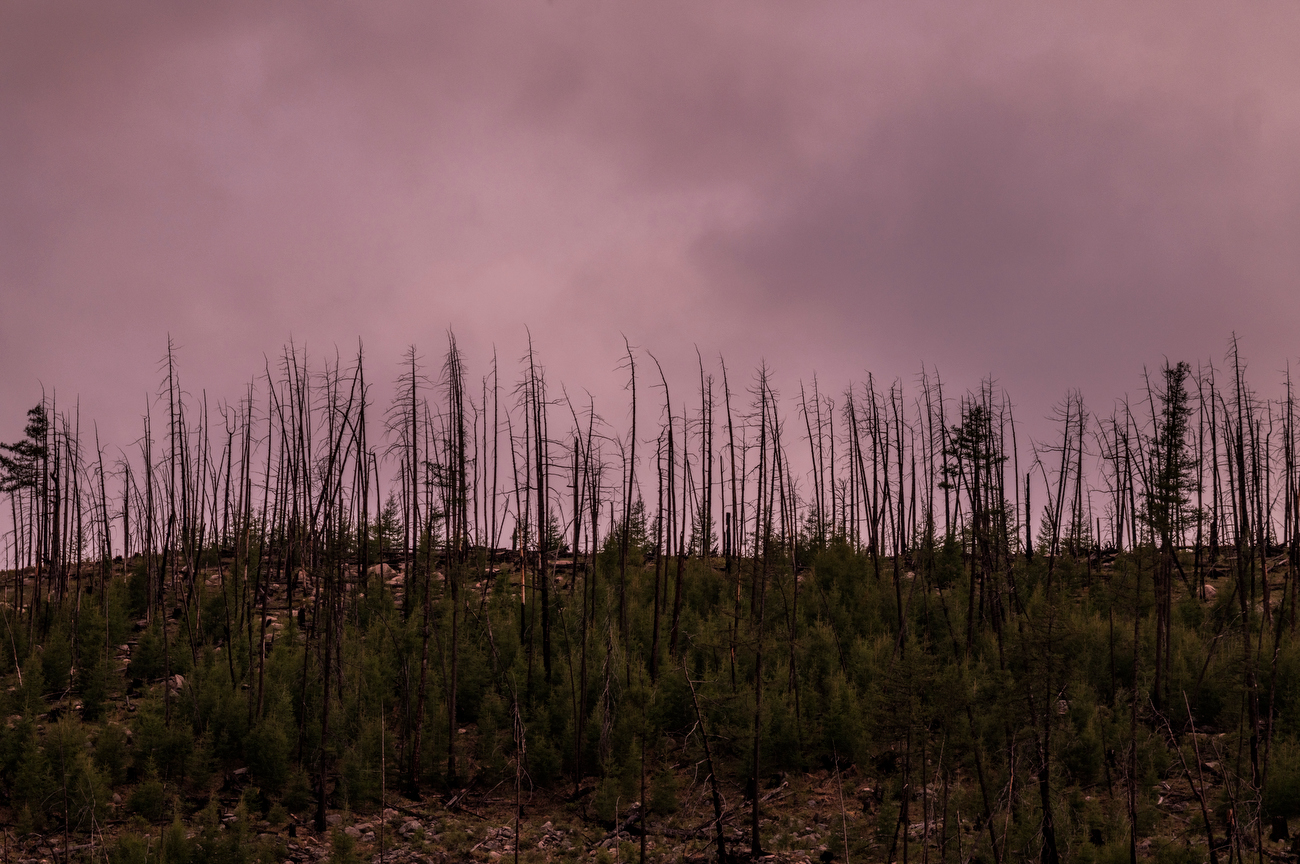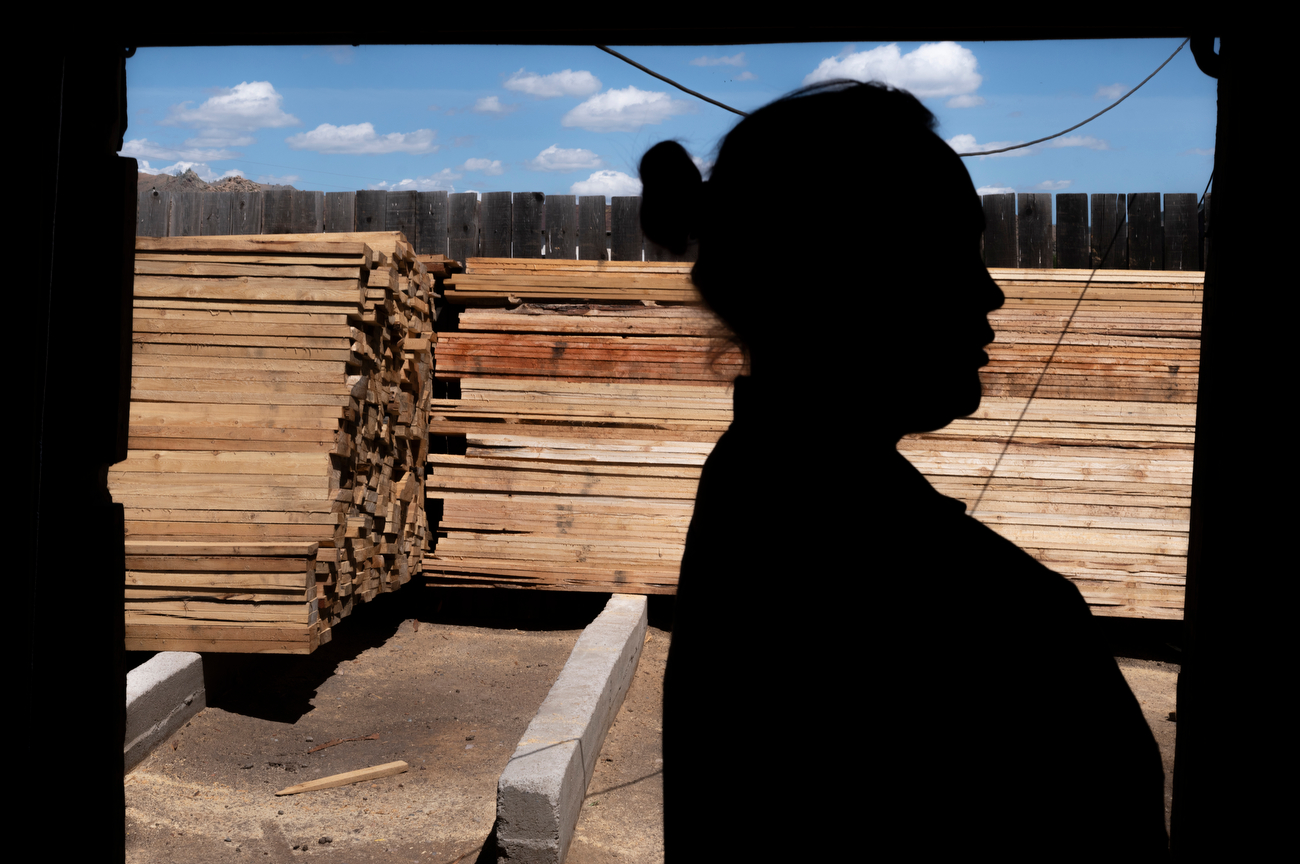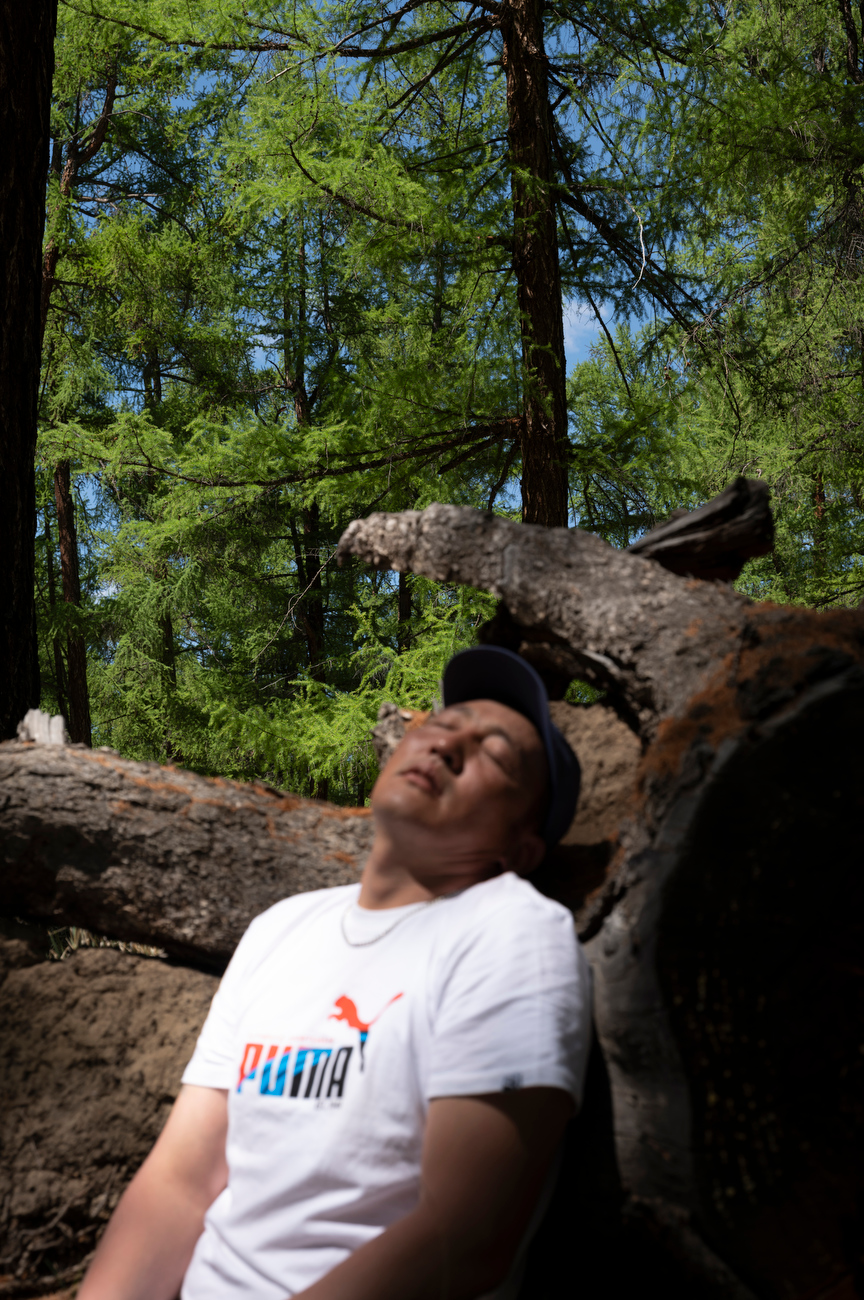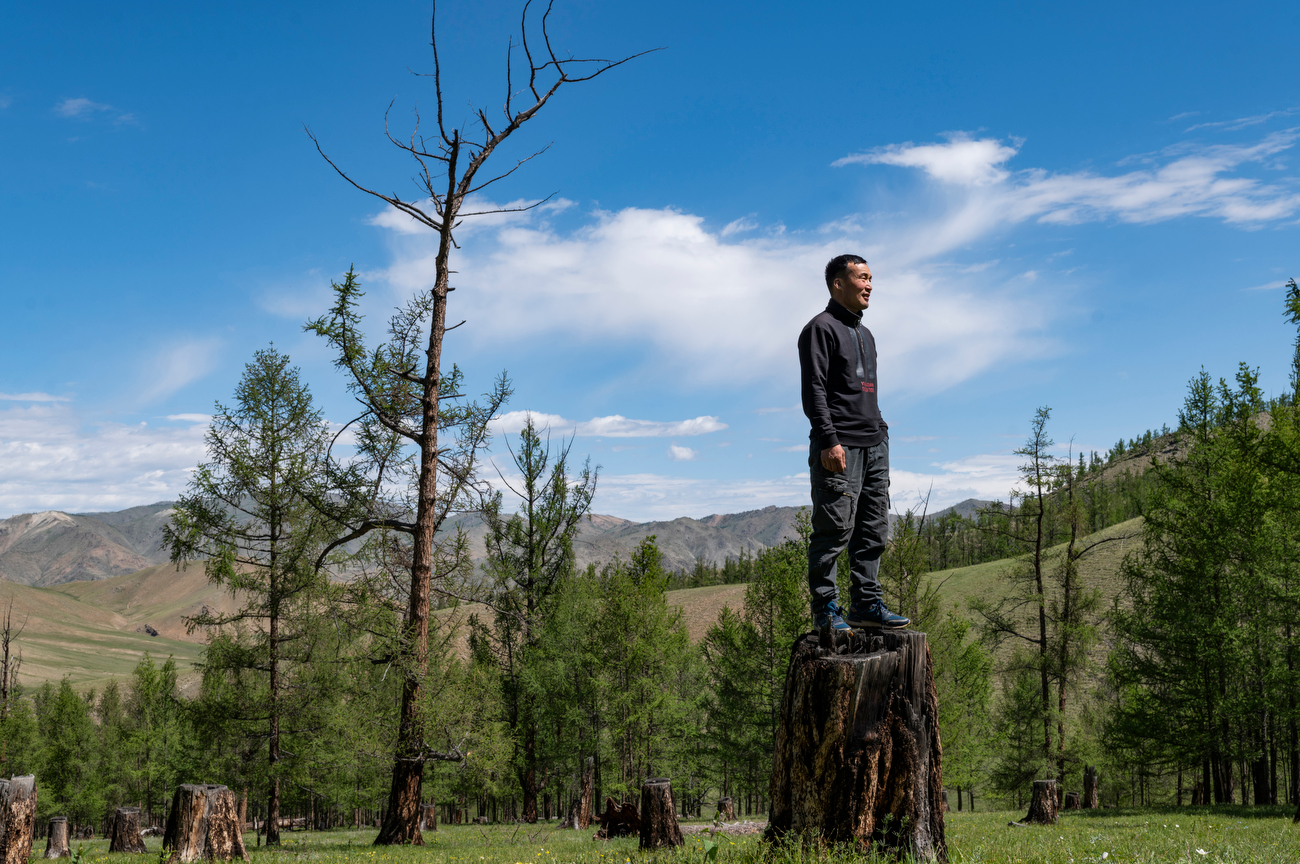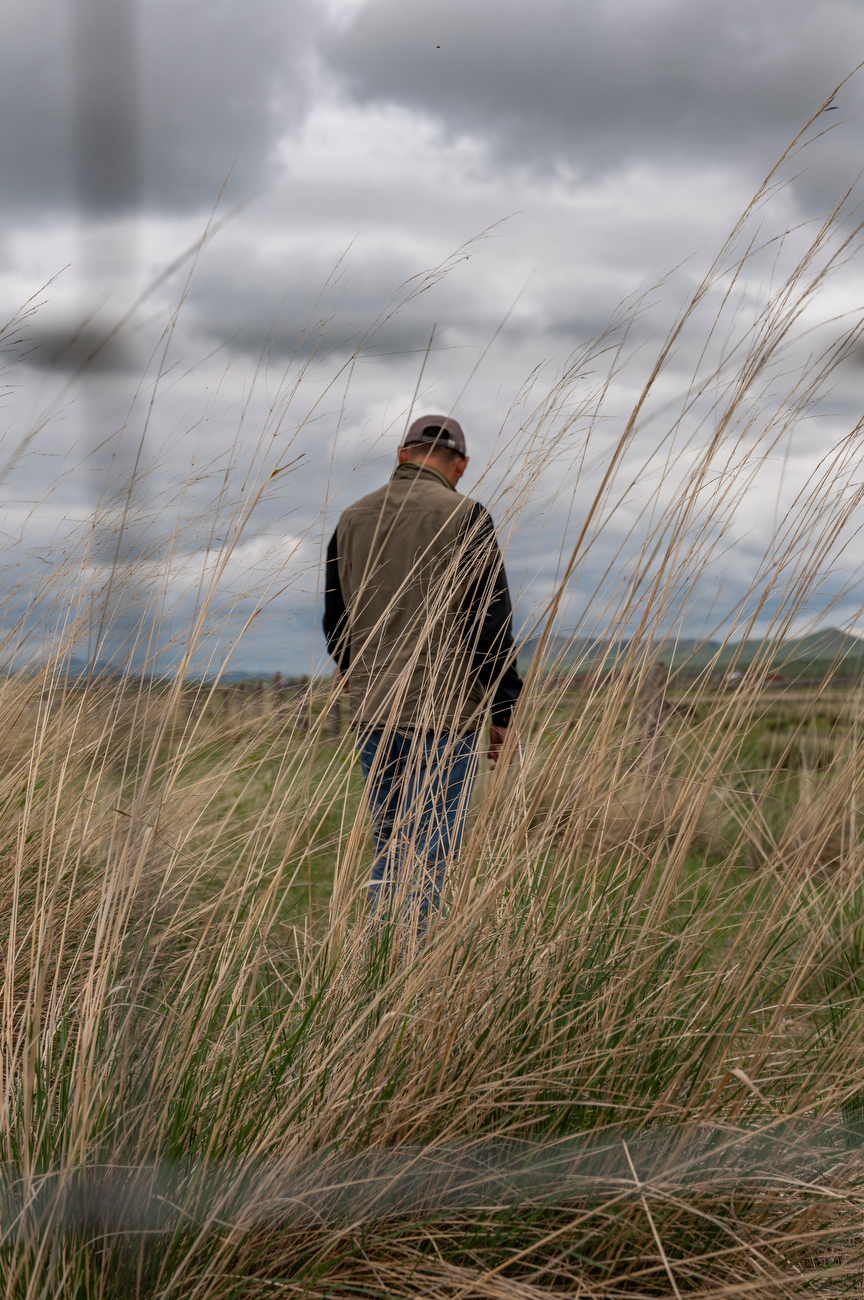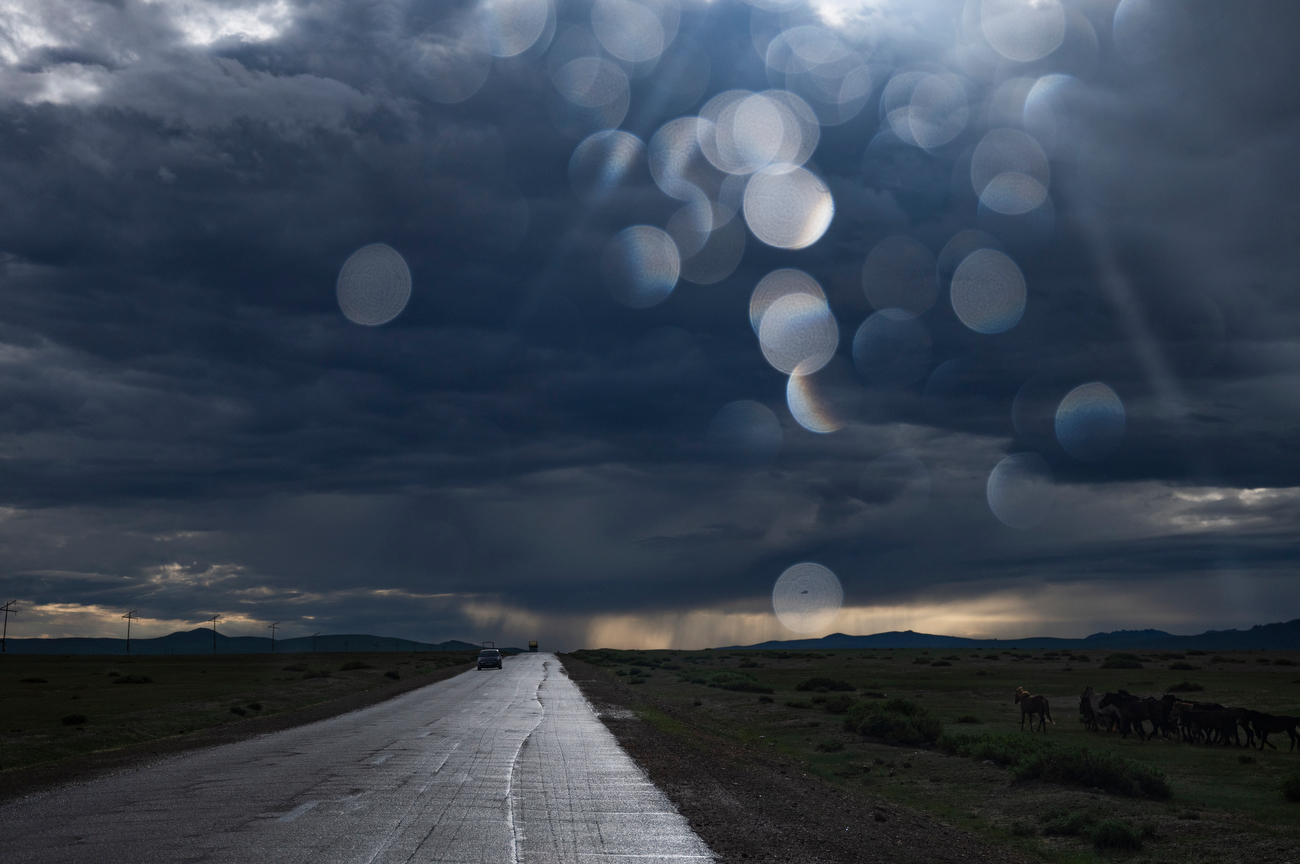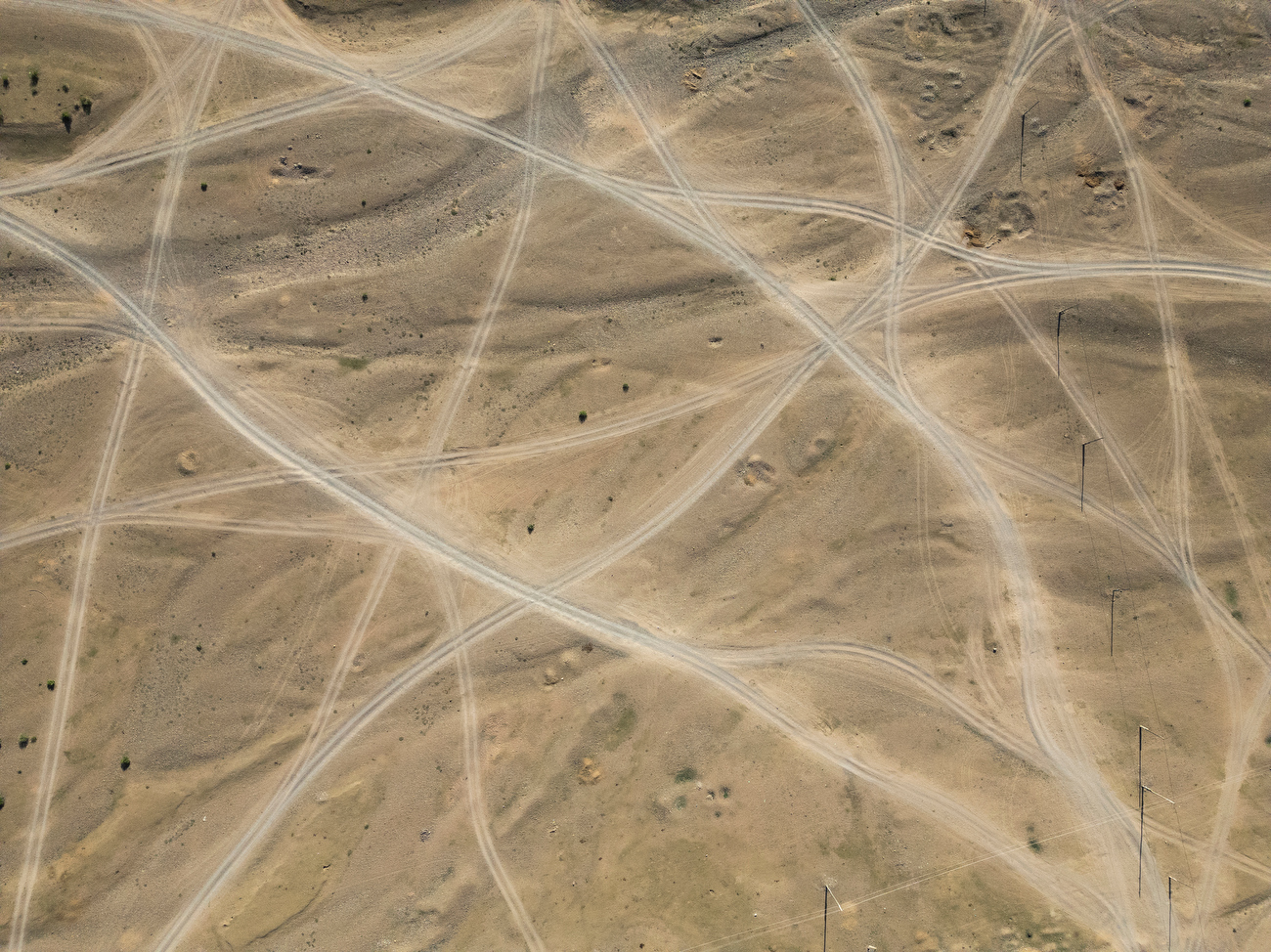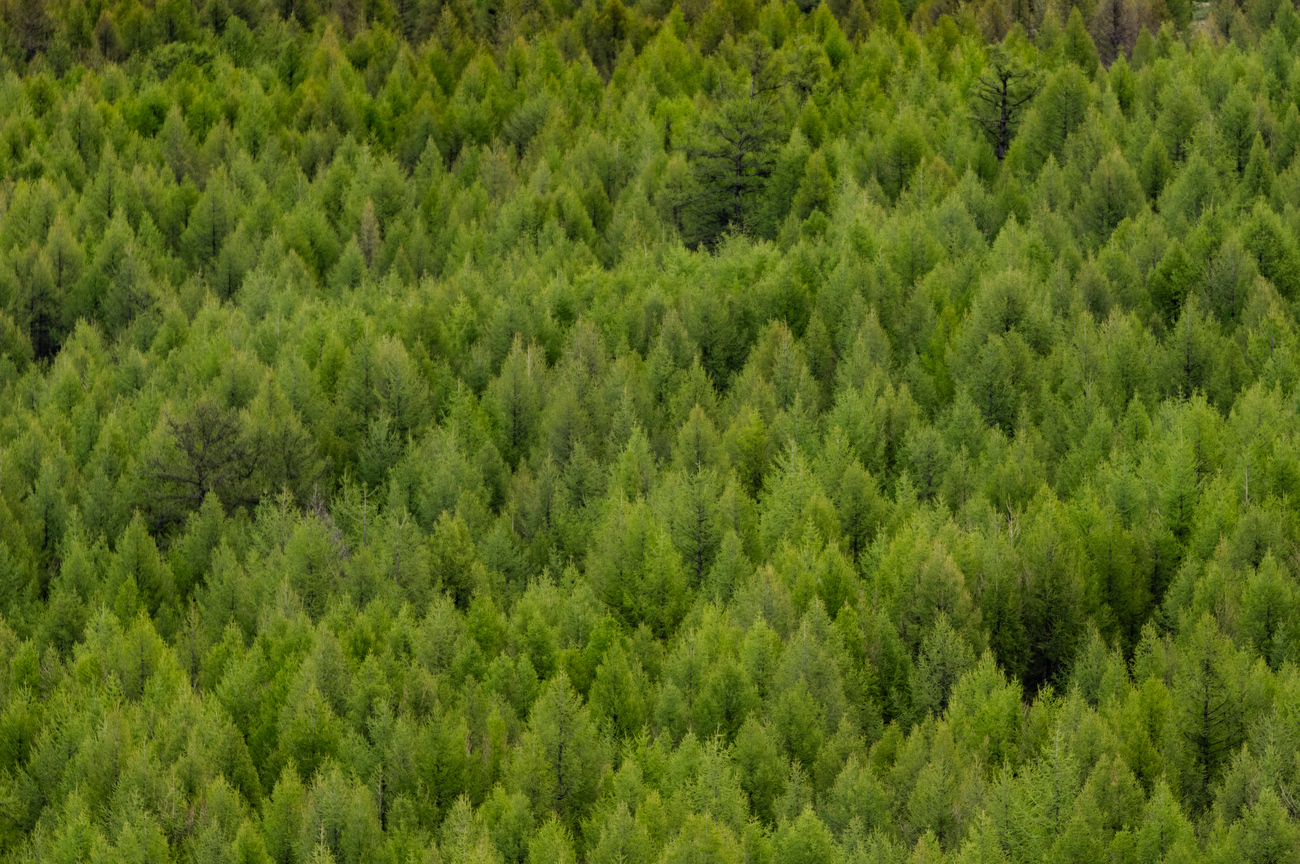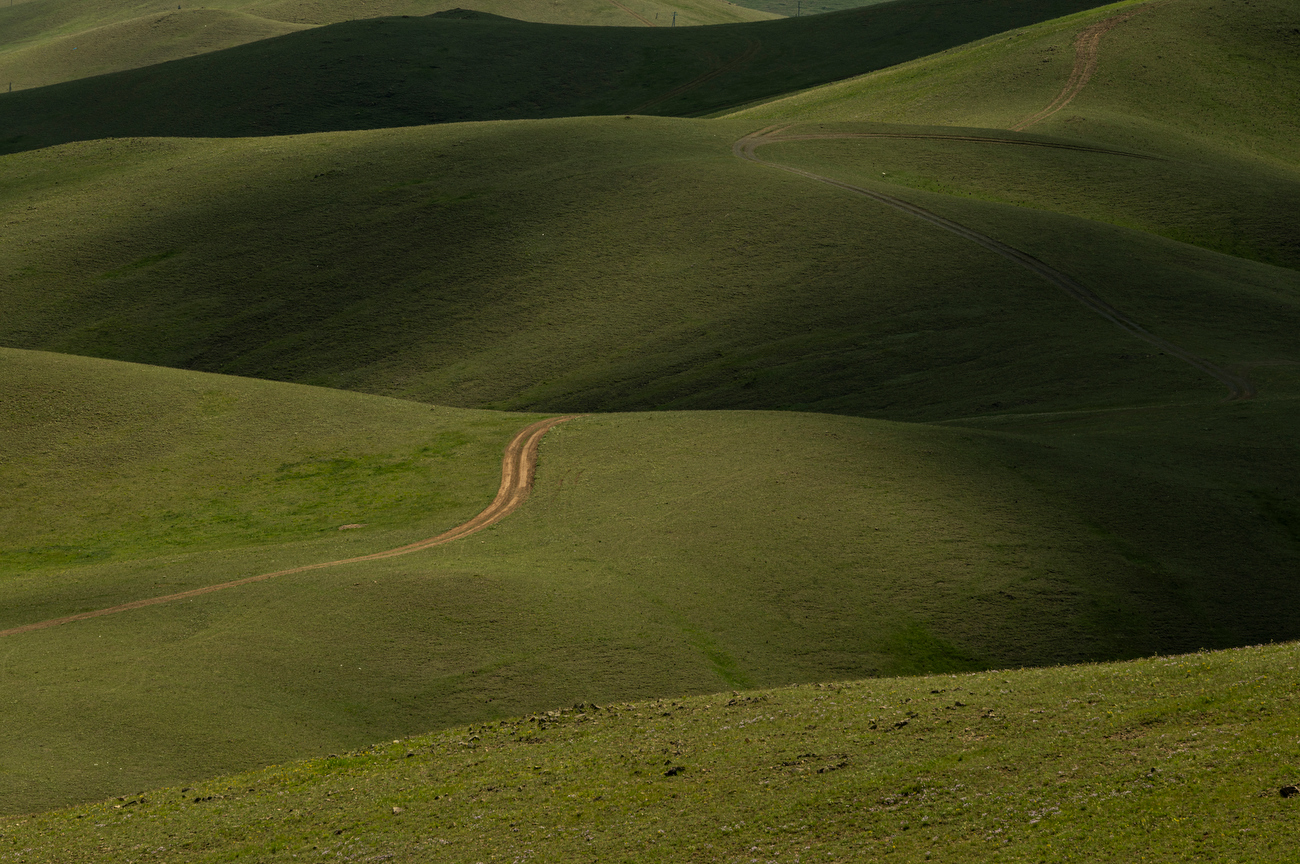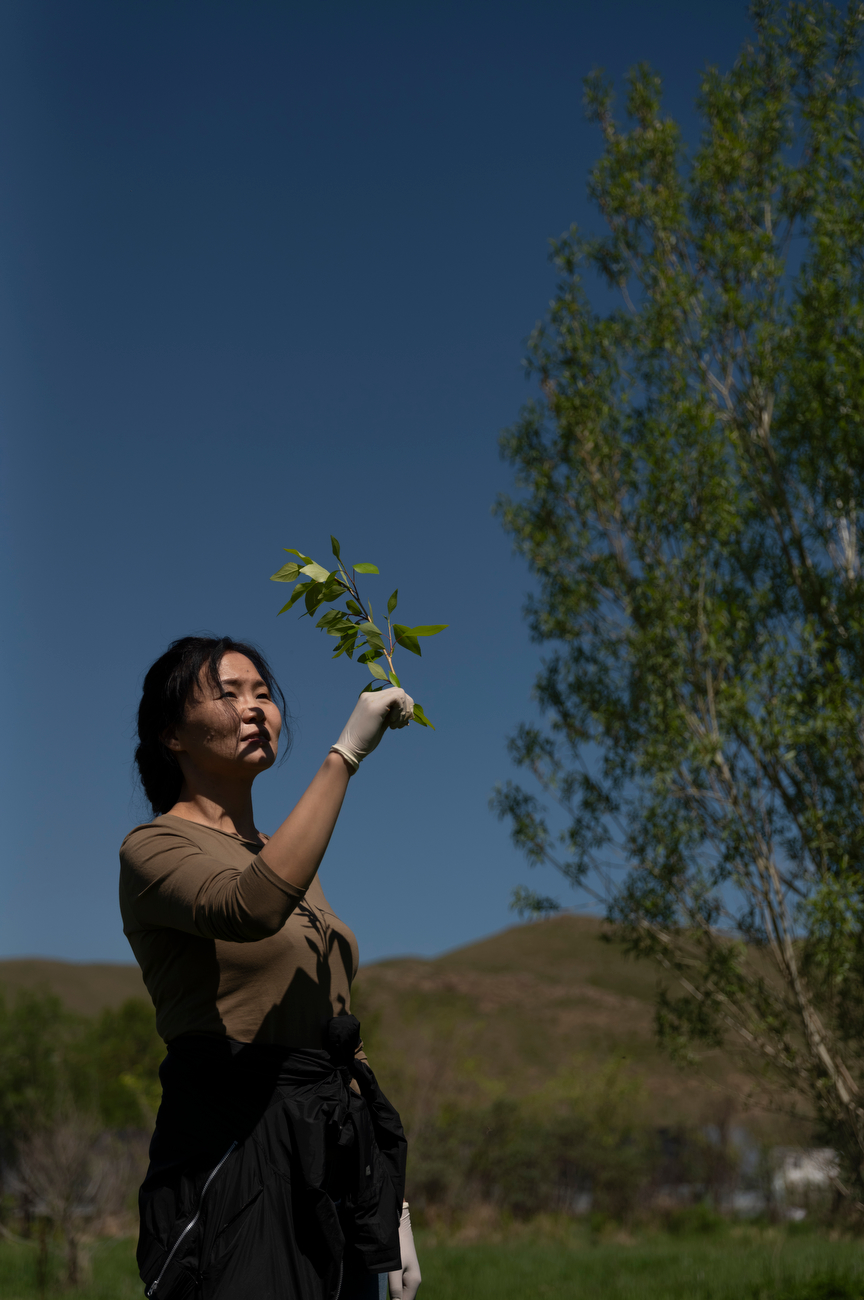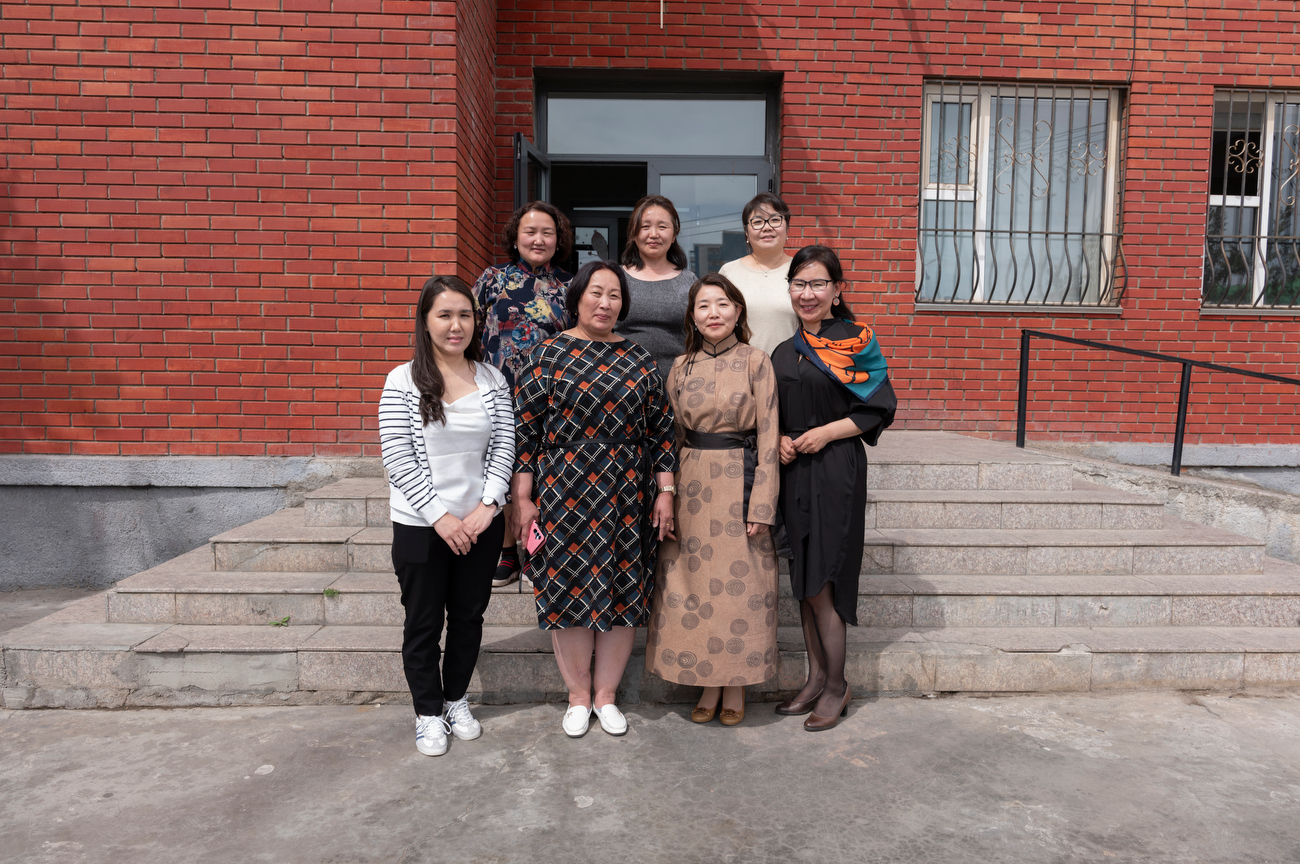Amidst the sweeping plains of Mongolia, a crisis looms large. The time-honored nomadic way of life, forged over generations, now teeters on the brink of extinction. Climate change advances relentlessly, while the Gobi desert expands unchecked. As temperatures soar and once-vast grazing lands wither away, the very essence of nomadic country is under threat.
With the nation's average temperature soaring by 2.54°C, the highest globally in 2022, and over three-quarters of its lands degraded due to overgrazing and mining, urgent action is imperative. Mongolia has been particularly severely affected with persistent desertification, recurrent droughts, and more frequent sandstorms in recent decades. Particularly vulnerable are nomadic herders, constituting 30% of the population, who rely on the land for their livelihoods.
In response to these pressing issues, Mongolia's President, Ukhnaagiin Khurelsukh, initiated the 'One Billion Trees' national campaign in 2021. This ambitious endeavour aims to plant one billion trees by 2030, with the overarching goal of increasing forest cover to 9%, combating soil degradation, addressing water scarcity, and mitigating climate change. While 150,000 hectares of forests require rehabilitation, only 5,000 hectares are being planted annually—a stark reminder of the work that lies ahead.
While the initiative is top-down, the real driving force behind forest preservation are the local rangers, herders, academics, small tree nursery founders and NGOs. They are the ones doing the hard, essential work—not because they were ordered to, but because they are passionate about protecting their country under the vast blue sky. This is their story.

